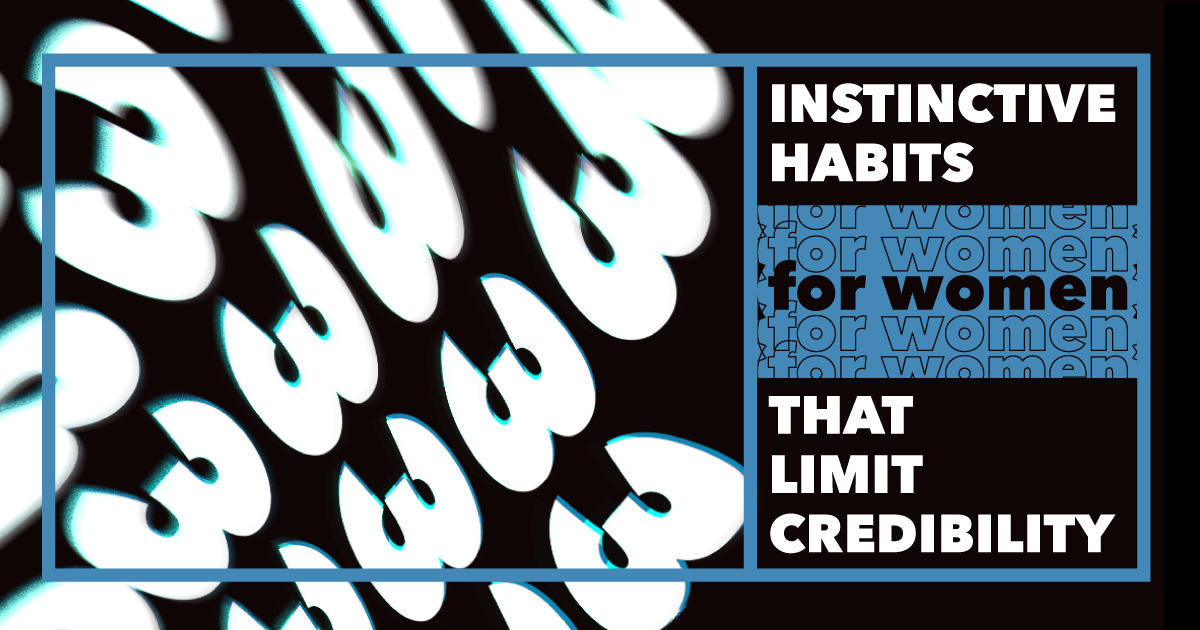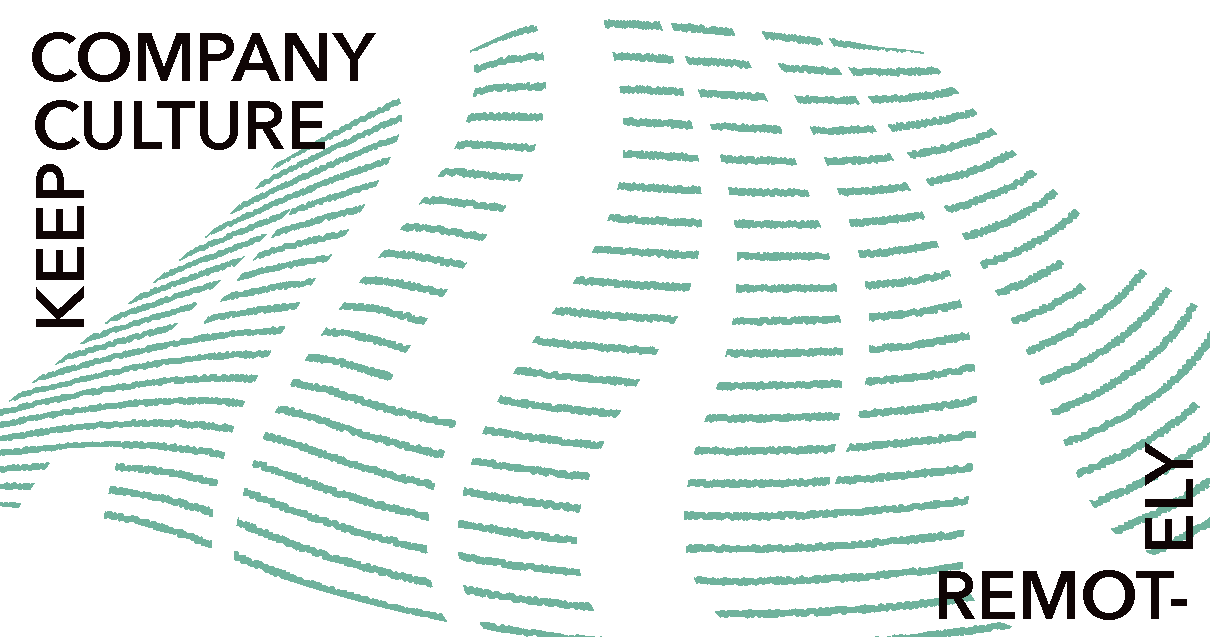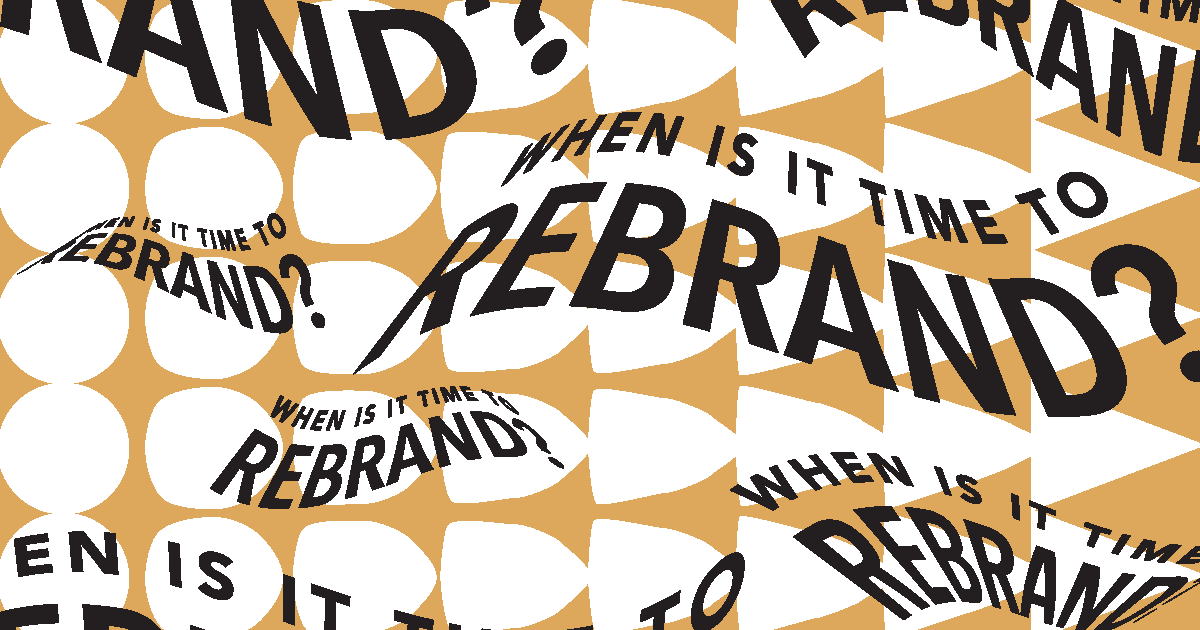
I have been fortunate enough to build, in Fieldtrip, an agency that has become both my business and my passion. However, in the beginning, it was a dream I was almost too afraid to have. That fear and self-doubt is what I have to share today. Rather than review my greatest accomplishments, I will share my biggest weaknesses because I am not alone. As business women, we can be our greatest asset but also our biggest liability. My question today is how can we leverage the powerful inherent traits we have as women, while breaking the bad habits that can come so naturally?
Every successful professional has had to overcome many obstacles and beat the odds just to get there. Each one of us is a fighter and a survivor. In my 12 years as a business owner I’ve faced much adversity, being told I am not smart enough for the job, that I don’t understand business, and that I just don’t have what it takes. That’s hard to hear, but what’s even more painful, these are the same insults I hear every day, in my own head.
I can’t say for certain whether you suffer from self-inflicted stress or anxiety. However, I catch myself and other women attacking and judging themselves enough to know that this internal critic is a real threat to our success. So today, I ask you to stop three incredibly detrimental habits: stop insulting yourself, stop asking for permission, and stop using the S-word. If you don’t have any of these habits, then spread the word to someone who does, because she isn’t far away.
Each Tuesday at Fieldtrip we hold company-wide meetings to learn about a new creative topic or idea. At the beginning, a team member will present something that inspires them. It can be pretty much anything, from the evolution of NBA logos, English betting shops, podcast advertising, the power of doodling, and even the history of movie trailers. There are two simple rules for this presentation: first, the content has to connect to our industry, and second, no demeaning yourself. Should be pretty simple, but let me tell you, that second rule is hard. Really hard, even for me.
When I was notified that I was a finalist for the EPIC Humanitarian Award, my first thought was, without hesitation, “this must be a mistake, I’m simply not that special” immediately degrading myself. “Demeaning” is really too polite of a word—let’s call it what it is—insulting yourself. When someone compliments our hair we sprint to point out the imperfections, responding that we are in desperate need of a cut or color. Agree with my solution in a meeting and you are likely to hear something like, “Really, you like my idea?” How hard can it be to just say “thank you”? There’s more humility and respect in accepting and appreciating a kind gesture than racing to pick it apart.
The second habit to discontinue, starting today, is asking for permission. The permission to ask a question, permission to state an opinion, or permission to place an order! It comes in the form of, “I think that we should” or “I want to ask if” or one of my biggest annoyances… asking a waiter for permission to order, “Can I have the grilled chicken sandwich with extra pickles and a side of self-hatred?” If it’s on the menu, then, of course you can have it. Just order it. Why do we do this? Why do we so readily diminish our own ideas and insights among clients, business associates, men, and even other women? We are leading the charge, we are steering businesses, and we do not need permission to speak up, think out loud, share ideas, or challenge others. I’ve asked everyone at the agency to cut out phrases such as “I think”, “I want”, “we should”, and “we could” in client presentations and to hold me accountable as well. As of today, I challenge you to keep dreaming, thinking, and wanting, but for heaven’s sake don’t ask for permission to speak or permission to share your thoughts with the world.
The final bad habit that I ask you to stop is the S-word. The S-word isn’t a curse word, but it undermines us just as much as using expletives in a sales presentation. What is it? It’s the word “sorry.” Owning our mistakes and apologizing for them is a strength, but saying “I’m sorry” for things beyond our control or for the slightest infraction is… well, unforgivable. We say “I’m sorry” when we accidentally bump the table leg, push the elevator button at the same time as someone else, or when asking to clarify that last point of a presentation. Compulsive apologizing weakens our position and self-confidence. I have a co-worker who apologizes for absolutely everything even when it is blatantly not her mistake. A few days ago I completely missed the giant “Do Not Use” note on the postage meter and tried to use it. She apologized for not making the sign bigger and then apologized for not getting the machine fixed even though it broke only an hour before I tried to use it. Any fault in this situation it was mine, yet she instinctively tried to take the blame. We subconsciously try to preempt people and predict their worst possible reaction, then apologize as if to say, “I already know what you’re thinking… I talk way too fast when I’m nervous and I’m really sorry.” Starting today, instead of using the S-word to fill the silence or take the blame in a no-fault situation simply say: “go ahead… after you… let’s review that point… I appreciate you pointing out the mistake… or thanks for waiting for me.”
These natural tendencies do harm on a daily basis and cumulatively can cause more damage than even the largest external obstacles. For those of you that are not plagued with a fierce internal critic, carry on, live life to the fullest, but by all means, help others stop the madness of self-doubt. There are many titles that can define us, daughter, sister, graduate, wife, aunt, mother, business owner… and some of the most important are the ones we can’t assign such as mentor, leader, or role model. But there are some titles that we must never give or accept, especially from ourselves… worthless, incompetent, or inferior. Stop demeaning yourself, stop asking for permission, and stop saying sorry when there is no reason to apologize. Instead, find the strength to fight your greatest enemy—your inner critic. After all, self-doubt kills more dreams than failure ever will.*
* Quote by Suzy Kassem


